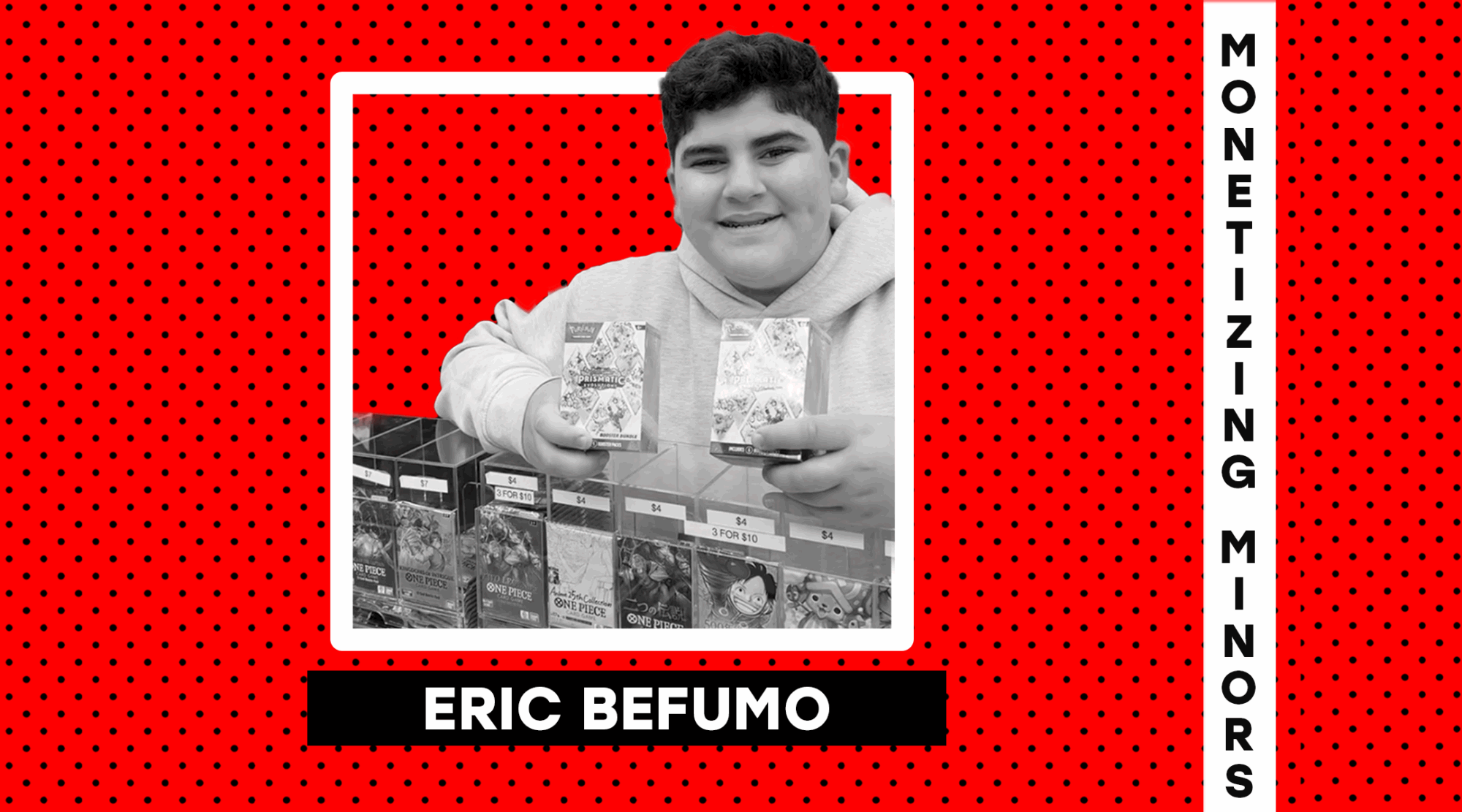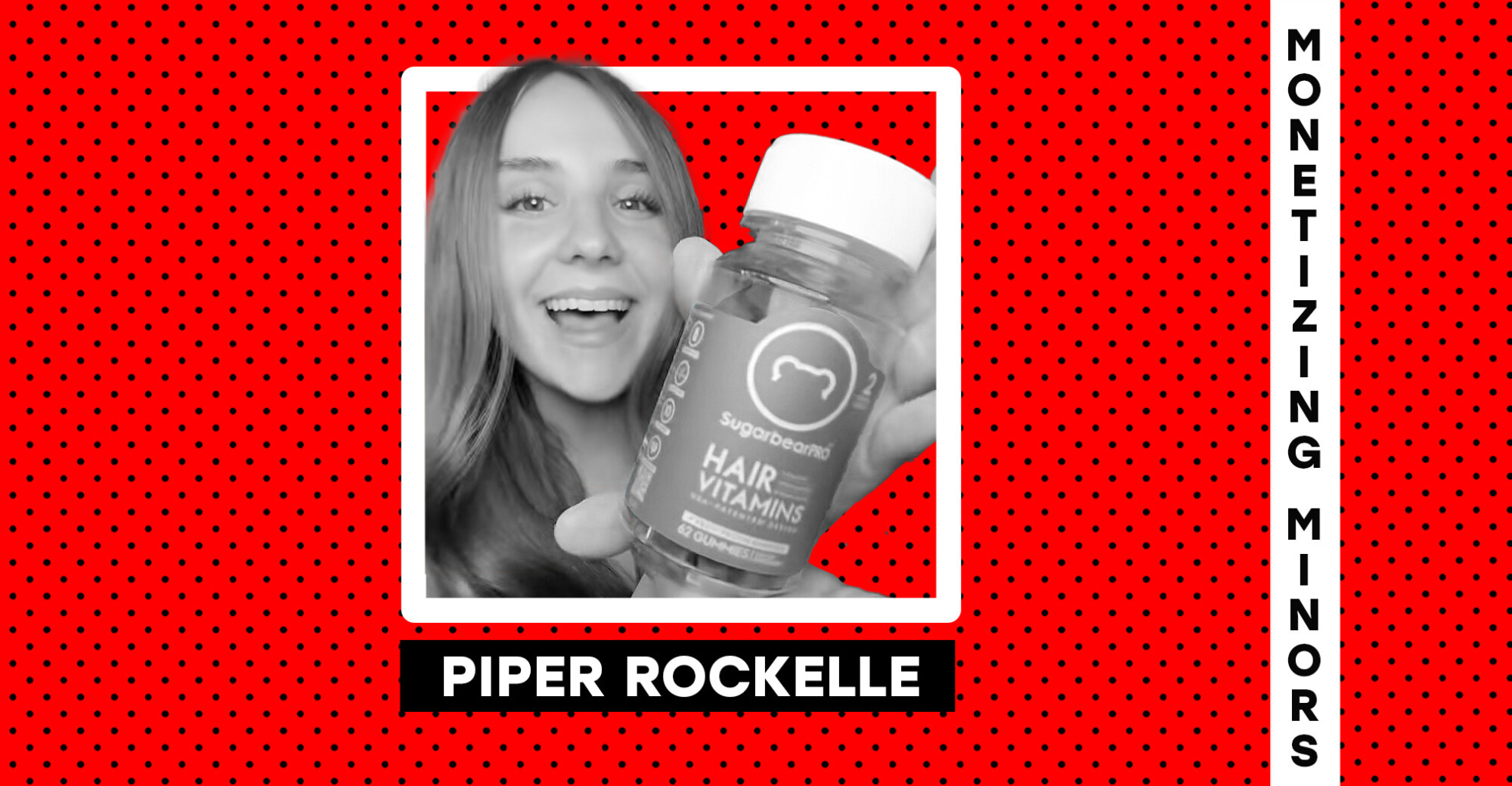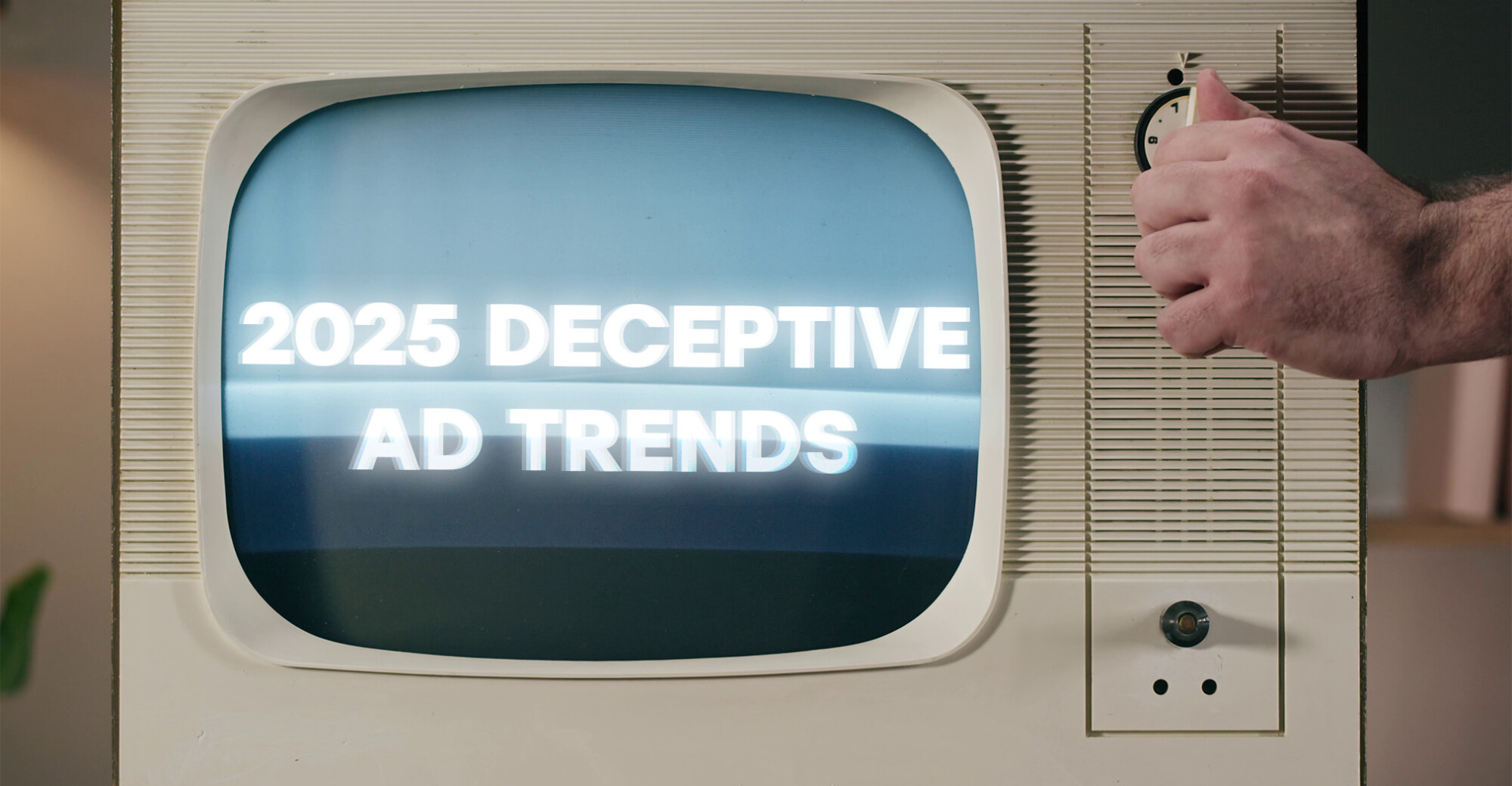
Monetizing Minors: Eric Befumo (aka Big Justice)
Brand partnerships worthy of a big “doom!”
What’s this kidfluencer doing promoting a “youth cream”?
As part of a new series called Monetizing Minors, TINA.org has been tracking more than a dozen kidfluencers and the brands that sought them out, documenting the inappropriate (and often deceptive) messaging encouraged by these companies. First up is Lisi Shops.
Lisi Shops is a favorite of skincare, makeup, jewelry, clothing and energy drink brands that regularly send her gobs of free products, which Lisi opens in “PR haul” unboxing videos that consistently garner hundreds of thousands of views. Many of the products Lisi receives make their way into other posts – though the brands rarely appear to require Lisi to tell her millions of followers that she, at a minimum, got the products for free. (Any disclosures that do appear are usually buried, all but ensuring that many of her fans don’t know when her videos are simply advertisements.) But what is clear from TINA.org’s review of Lisi’s videos is that certain brands are more than happy to have their adult products marketed to her teen and tween followers, disclosures or not.
Lisi is all about skincare and makeup. “Skincare’s fun, but it’s even funner when you make it a potion,” she says in a December 2024 Instagram video that is actually an ad for the skincare company The Ordinary. In the ad, Lisi mixes a white moisturizer with “the blue serum” and “the pink serum” to make a purple potion for her face. In another video, Lisi recommends gifting the blue serum to your friends “because who doesn’t want a pretty blue serum.” Missing from these fun ads is any mention that “the blue serum” is actually an “advanced age-supporting serum” that should be “[kept] out of the reach of children,” according to The Ordinary. Another skincare company, L’Occitane, has sent Lisi a “youth cream.” In fact, many of the skincare products that Lisi receives from brands, and regularly uses in her videos, include anti-aging products meant to address fine lines (product page) and wrinkles (product page), sagging skin (product page), collagen loss, dark spots and dull skin.
Skincare products with anti-aging ingredients can be harmful to young skin, potentially causing irritation and other adverse reactions. For example, some skincare products are designed to peel away a skin layer, which can lead to rashes, redness and increased risk of sunburn for kids. And to state the obvious, kids don’t need to spend upwards of $100 on a youth serum. The issue of marketing anti-aging cosmetics to children has become such an problem that lawmakers and regulators have started to sound the alarm.
In videos featuring Prime Energy, Celsius and Alani Nutrition (which Lisi says sends her “a really sweet package every month”), Lisi, who was under 18 at the time, can be heard saying or seen lip-syncing things like: “There is no better feeling in the world than taking the first sip of your energy drink in the morning,” “you guys know I live on these” and “it’s like having an invisible friend or best friend with you.” But what these brands appear to never insist on is any disclosure about how these caffeine-fueled liquids aren’t supposed to be consumed by kids – Prime Energy states on its cans, “For Ages 18+,” Celsius informs consumers that its energy drink is “not recommended for … children under the age of 18” and fine print on Alani Nutrition’s website says “Not Recommended for Children.”
Consumption of energy drinks has been linked to a number of negative health consequences for minors, including risk-seeking behaviors, poor mental health and, in severe cases, even death. The amount of caffeine in a single can of Prime Energy, Celsius and Alani Nutrition is 200 milligrams, which is more than double the daily recommended limit for children between the ages of 12 and 17, according to experts. Moreover, the American Academy of Pediatrics has stated that caffeinated energy drinks “have no place in the diet of children and adolescents,” and the American Medical Association has adopted a policy supporting a ban on the marketing of energy drinks to children under the age of 18.
Lisi’s got a few years before she turns 21 but that didn’t stop Claussen from sending her its pickle juice, marketed as “electrolytes by day/mixer by night” – a product that according to Lisi was “going to freak my mom out.”
While many factors influence an underage person’s drinking decisions, advertising does play a role. And while Lisi seemed to have no idea what Claussen had sent her, the company’s decision to send a teenager a product that doubles as an alcohol mixer is an issue. Underage drinking is a major public health problem.
Companies need to acknowledge that they play a unique role in determining which of their goods and services are marketed to kids, and that their advertising decisions can directly impact the health and welfare of this vulnerable population. As such, it is incumbent upon brands to implement safeguards to protect children from inappropriate and deceptive content.
TINA.org reached out to all the brands mentioned in this article, in addition to Lisi Shops. We only received a response from a marketing agency connected to Kraft Heinz, which owns Claussen. The marketing agency said Lisi “inadvertently received a promotional mailer that was accidentally included alongside beauty products” and that it is “currently investigating how this isolated incident occurred.”
Find more of our coverage on products marketed to kids.
Brand partnerships worthy of a big “doom!”
A calorie-counting app is just one of the adult products promoted on this minor’s social media channels.
A closer look at what we’ll be monitoring in the new year.

